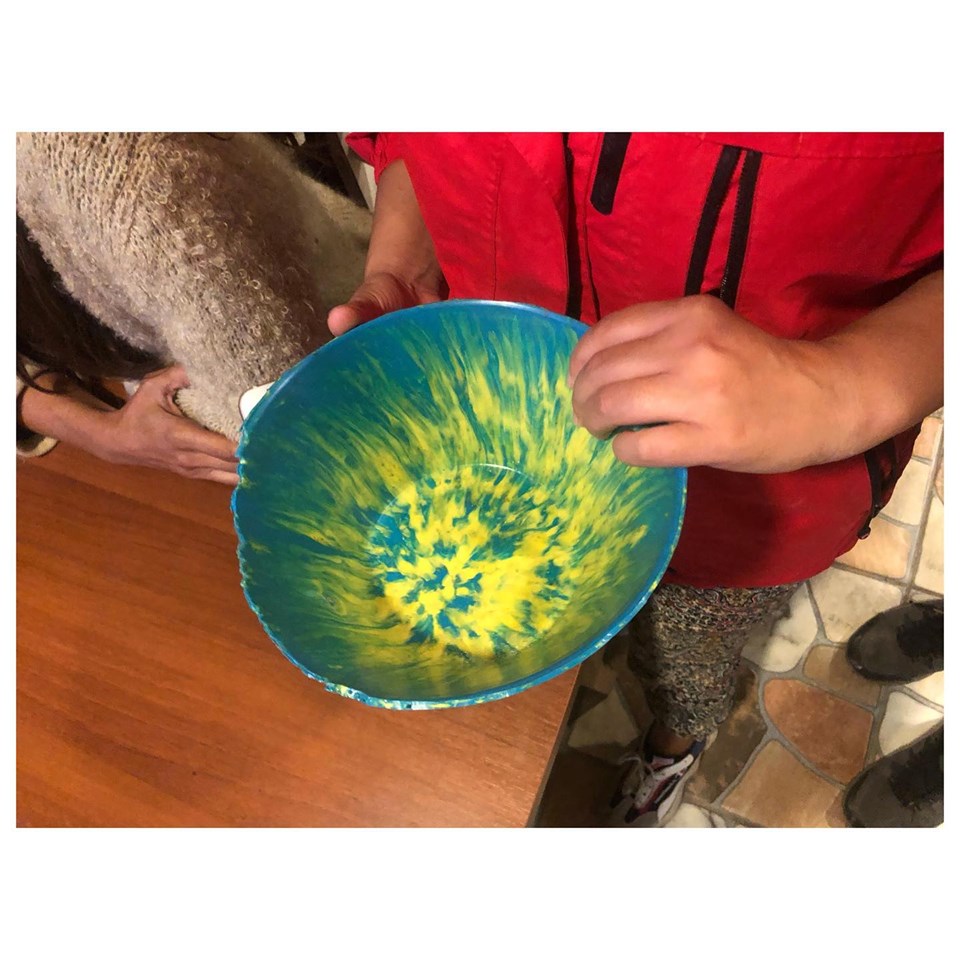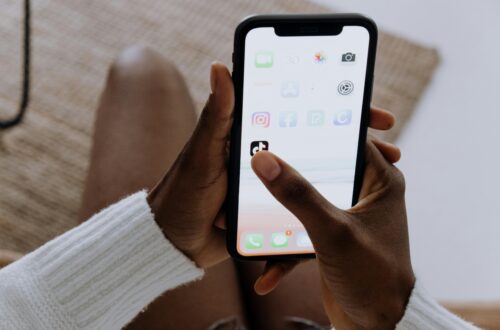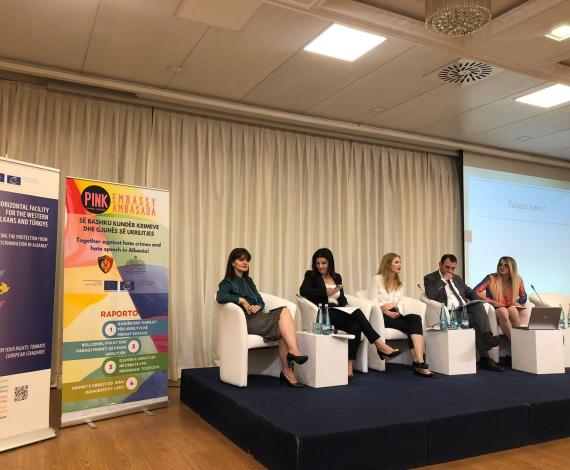The World Health Organisation estimates that 37% of all women in the eastern Mediterranean region suffer from domestic violence at some point in their lives with some 38% of all femicides are committed by the victims intimate partners. In Albania, sadly, the picture is even bleaker- since 2010 over 100 women and girls have been murdered with 90% of the perpetrators men and 73% were killed by their husbands or intimate partners. Over 4000 court protection orders were granted to women in 2018 alone, and according to the UNDP, over half of the female population of the country already has, or will suffer domestic violence at some point in their lives.
The United Nations defines domestic violence as “any act of gender-based violence that results in, or is likely to result in physical, sexual, or mental harm or suffering to women including threats of such acts, coercion, or arbitrary deprivation of liberty, whether occurring in public or private life.” This means that ‘domestic violence’ encomapsses a range of different kinds of abuse, including emotional, psychological, economic, physical, sexual, and as well as threats to those effects.
Of course, domestic violence also affects men, and whilst there are issues with lack of reporting of female-on-male violence, the statistics overwhelmingly show that this is an affliction that affects predominantly women.
So what is being done about it? Not enough. The Albanian government is undoubtedly short of money and with a growing number of issues in the country including health, education, unemployment, and infrastructure, protecting women and offering them the help they need seems to be at the bottom of the list.
The media is partly to blame as well. The use of irresponsible language, victim
But there is some hope. A number of charities and NGOs within Albania are working hard to enact change. One of these is Useful to Albanian Women, run by Sevim Arbana. I have supported her charity for 18 months, raising a sizable amount to provide care and assistance to women and girls in need, throughout the country.
I have suffered domestic violence both as a child and an adult, and I know many women who have survived instances of psychological, sexual, and physical abuse. This is a cause that is close to my heart and something I want to try and change, even if just a bit.
Last year, I launched a project called ‘Life Life In Colour” where I designed a range of scarves, influenced by Albanian patterns to sell with all profits going back to charity. It was a huge success and I am proud to say that I sent scarves to every continent from Singapore to Australia, America to France and everywhere in between.
This year, I adopted a more neutral and muted palette and deconstructed the designs, incorporating floral motifs from traditional embroidery. But I wanted a new and exciting way to promote them and decided on using a selection of models that come from different parts of society.
Dea
My daughter is three months old and half Albanian. I don’t yet know who she is and who she will be but I hope I will raise a human that is comfortable in her own skin, kind, tolerant, and not afraid to stand up for herself and the rights of others.To me, she represents the future.
Rea
Also the photographer for the shoot, Rea is a 20-something writer/journalist/designer/jewellery maker/photographer/graphic designer/student who lives in Tirana. I have had the pleasure of working with her on a number of projects as well as being her friend and I constantly admire her drive, resourcefulness, and creative imagination.
Lola
I have never seen anyone be as at home in front of a camera as Lola. Trans women in Albania suffer untold levels of discrimination and are often shunned and ridiculed. When they suffer abuse, they are refused the right to pursue the course of justice and hate crimes against them go largely unpunished. Lola is a beautiful, happy, and fun Albanian woman and I felt it important to include her as a representative of the work that needs to be done, not just locally, but globally, to be more inclusive and tolerant.
Edlira
One of the most photogenic people I know, Edlira works at Streha, the country’s only LGBT shelter. Her work, presence, and involvement as a member of the community is integral to a representation of Albanian society and her call for acceptance, as someone who is double discriminated against (being both female an LGBT) should be heard by all.
Nashi
Hailing from Elbasan, Nashi worked in both Albania and the UK in the civil service. She loves Albania with all her heart and is a firm believer in freedom, justice, equality, and an end to discrimination and corruption. Articulate and calm in everything she says and does, I admire her desire, passion, and drive to help people in her country, even though she lives abroad.
Dorina
Dorina comes from the Egyptian community, one of the most persecuted minorities in the country. Countless international reports have continually called on the government to improve minority rights and to end discrimination against Egypitan and Roma communities, yet nothing seems to be changing. Dorina however, doesn’t let her heritage stand in her way. She is an Albanian woman who pursued a university degree and wishes to be a teacher. Funny, smart, strikingly beautiful and with a wealth of dreams and ideas, she should serve as an inspiration to anyone she meets.
Sevim
For over 30 years, Sevim has worked hard to promote women’s rights in Albania. Collectively nominated for a Nobel Peace Prize and recipient of various awards for her work, she is internationally recognised for her contribution to helping women and girls overcome violence. Sevim is kind, warm, beautiful,
These women and the photos they are in, represent some, but not all of the types of women that make up our society. Each woman faces challenges because of who they are, their gender, and other factors beyond their control. Regardless of this, each and every one of them deserves to be recognised not just for their beauty, but for who they are- this is why I chose them to model these products.
The scares come in four varieties- purple, grey, pink, and green and in sizes small (normal scarf size) and large (pashmina/bath towel size). You can order them through me and all profits go to Sevim’s charity ‘Useful to Albanian Women’.
Follow The Balkanista!




